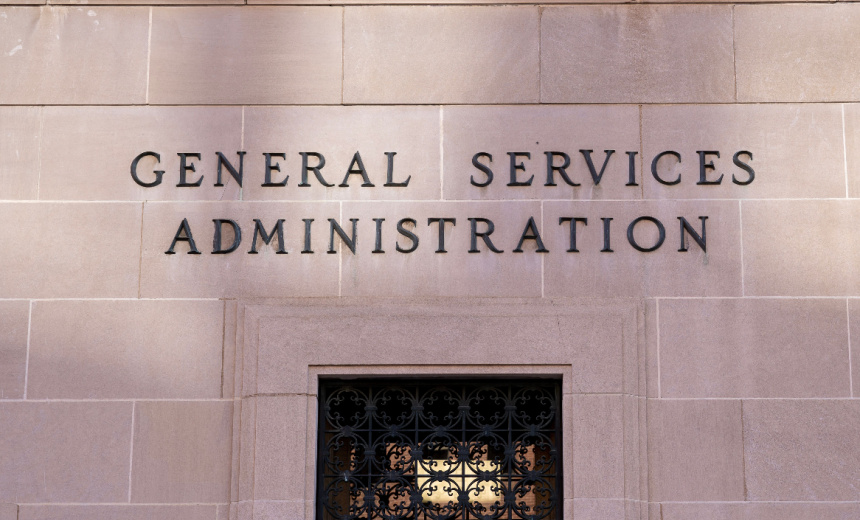Cybersecurity Spending,
Government,
Industry Specific
Concerns Raised Over White House IT Strategy Amid Deregulation Goals

The White House has announced an initiative to simplify federal information technology procurement through the General Services Administration’s “OneGov” strategy. This strategy aims to centralize purchasing power while enhancing cybersecurity via standardized contract terms. However, procurement experts caution that this approach might conflict with the Administration’s existing deregulation efforts.
The GSA recently stated that the OneGov initiative will enable government agencies to access IT products with standardized pricing and terms. It aims to provide equipment manufacturers a streamlined and anticipated engagement process. Headlines include a significant partnership with Google, resulting in a 71% discount on Google Workspace, and a 70% discount from Adobe on the Paperless Government Solution.
As the OneGov strategy is expected to progress, GSA intends to expand its reach into hardware, platforms, infrastructure, and cybersecurity services. However, experts express a “cautiously optimistic” outlook regarding the potential for increased availability of affordable cybersecurity tools across federal agencies. Concerns arise that this initiative may marginalize smaller vendors and undermine ongoing support for flexible procurement models that bypass centralized frameworks.
Alan Chvotkin, a procurement specialist at Centre Law and Consulting, highlights the potential advantages of standardizing procurement terms. While this could lead to greater consistency and reduced compliance burdens for agencies and contractors, he notes significant limitations regarding the specificity of agency cybersecurity needs.
“It is unlikely that GSA will compel agencies to adopt its negotiated terms over specific requirements unique to their operations,” Chvotkin stated. He raised questions about whether GSA’s terms could override critical Department of Defense cybersecurity mandates or other agency-specific regulations.
Initiated following a White House directive for a broad overhaul of federal procurement policies, the OneGov strategy seeks to enhance competition and streamline acquisition processes. Kevin Rhodes from the Office of Management and Budget indicated that rewriting the Federal Acquisition Regulation could reprioritize resources and induce significant changes in procurement methodologies.
Notably, some analysts warn that the OneGov strategy might overshadow the president’s procurement initiative and related executive orders focused on streamlining defense acquisition processes. These orders prioritize commercial solutions and Other Transaction Authority, which are not typically governed by the Federal Acquisition Regulation.
Assessing the effectiveness of the OneGov strategy in enhancing cybersecurity infrastructure will depend significantly on its ability to address the slow and often problematic approval processes that vendors encounter when seeking authorization to operate within Federal Risk and Authorization Management Program frameworks. Concerns have been raised about the pressing need to revise the process for obtaining Authorization to Operate status, which has previously encountered serious delays.
This initiative poses critical questions for how the government will navigate the complexities of multi-vendor environments, especially within essential infrastructure sectors. While the OneGov strategy could lead to significant procurement improvements, it raises valid concerns about how well it will function alongside existing cybersecurity protocols and industry frameworks.
Despite requests for clarity regarding how the OneGov strategy will align with ongoing procurement regulations and cybersecurity initiatives, the GSA and White House have not yet issued comments.